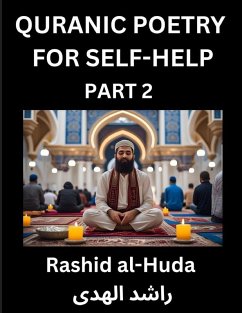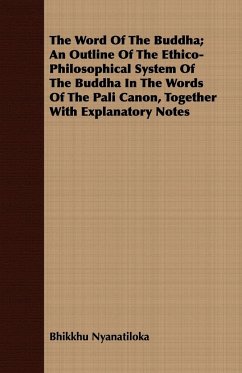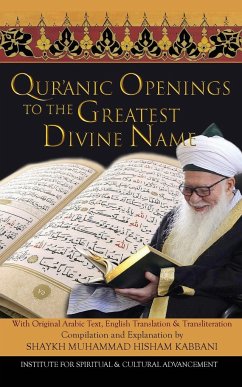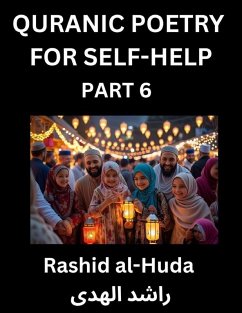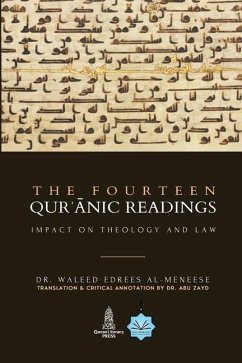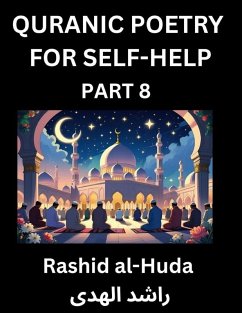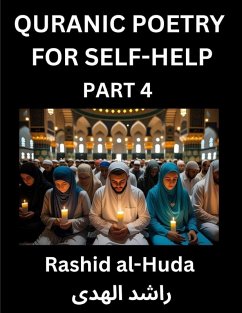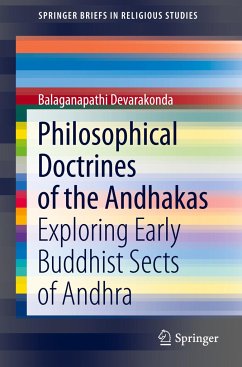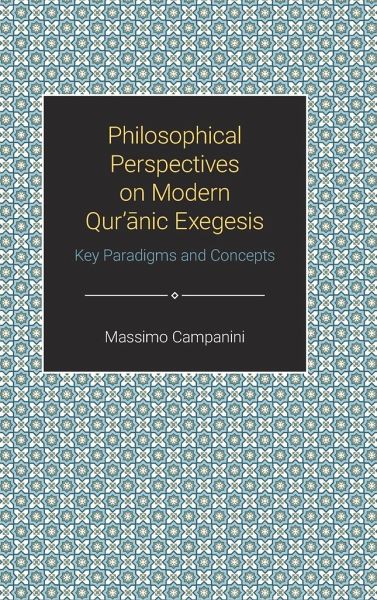
Philosophical Perspectives on Modern Quranic Exegesis
Key Paradigms and Concepts

PAYBACK Punkte
47 °P sammeln!
This book explores the possibility of a hermeneutics of the Qur'an. It starts from the presupposition that the Qur'an can be studied as a philosophical book. Thus the analysis is theoretical more than historical. Many philosophers commented the Qur'an and many supported their theories by resorting to the Qur'an. Thinkers like Fakhr al-Din al-Razi connected traditional theology and philosophy in their Qur'anic commentary. Others like Nasr Abu Zayd used philosophy to deconstruct the Qur'an paving the way for a modern humanistic hermeneutics. This book tries to go a step further: it aims to offer...
This book explores the possibility of a hermeneutics of the Qur'an. It starts from the presupposition that the Qur'an can be studied as a philosophical book. Thus the analysis is theoretical more than historical. Many philosophers commented the Qur'an and many supported their theories by resorting to the Qur'an. Thinkers like Fakhr al-Din al-Razi connected traditional theology and philosophy in their Qur'anic commentary. Others like Nasr Abu Zayd used philosophy to deconstruct the Qur'an paving the way for a modern humanistic hermeneutics. This book tries to go a step further: it aims to offer a path within the Qur'an that - through philosophy - leads to a fresh understanding of fundamental tenets of Islamic thought, most importantly tawhid - God's oneness - and to a fresh reading of the Qur'anic text. This book applies the phenomenological and ontological hermeneutics of Edmund Husserl and Martin Heidegger to the study of the Qur'an going far beyond Annemarie Schimmel's phenomenological approach that is neither philosophical nor properly phenomenological (in Husserl's sense).





![Tafsir - Quranic Exegesis [For High School Students] Cover Tafsir - Quranic Exegesis [For High School Students]](https://bilder.buecher.de/produkte/71/71659/71659951n.jpg)
